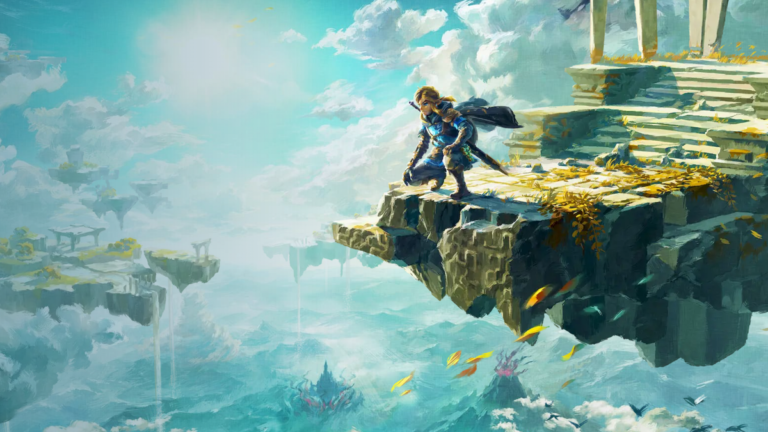Unlike other big names in the gaming industry, Nintendo is pushing game development without using generative AI shortcuts, according to Nintendo president Shuntaro Furakawa [h/t GameWorldObserver]This is in stark contrast to the over 1,000 generative AI games already available on Steam and comments from other big names in the gaming industry.
“Generative AI, which has attracted a lot of attention in recent years, can be more creative, but we also recognize that it poses intellectual property rights issues. Our company has decades of expertise in creating optimal gaming experiences for our consumers,” Furakawa said. “While we are flexible in our response to technological developments, we hope to continue to provide value that is uniquely our own and cannot be created by technology alone.”
As GameWorldObserver (GWO) noted in its coverage of the statement, this is quite different from the views of executives at major AAA studios like Electronic Arts, Ubisoft, and Take-Two Interactive.
We’ve already covered Ubisoft’s Neo NPC project, a partnership between Ubisoft, Nvidia, and Inworld AI, as well as EA’s worrying patents. Ubisoft is clearly actively embracing generative AI, though Take-Two CEO Strauss Zelnick’s statements, as cited by GWO, lean toward a more balanced approach, stating that “hits are created by genius, and data sets plus computations plus big language models do not equal genius. Genius is the domain of human beings, and I think we’ll stay that way.”
Meanwhile, Electronic Arts CEO Andrew Wilson is pretty much on the opposite side of the coin from Nintendo, stating that “More than 50% of our development processes will be positively impacted by advances in generative AI.”
So far, Nintendo’s statement against adopting generative AI hasn’t sparked much controversy — in fact, it’s probably one of their most popular corporate decisions, second only to reviving fan-favorite game series and cutting executive salaries during down periods so as not to lay off employees.
While Nintendo is not shy about wading into the war against fan mods and claims no legitimate use for preserving/enhancing games through emulation, the company maintains a fairly good reputation among its fans and anyone who actually cares about the workers in the gaming industry. This line of conduct stands in contrast to Microsoft’s Xbox and most other major publishers.
While traditional American studios, especially AAA studios, seem content to hire and fire employees en masse to finish games quickly, please shareholders, and increase executive salaries, Nintendo is doing things very differently. As the video game industry shifts more toward pleasing shareholders and executives than taking care of its employees for the long-term health, it’s reassuring to see that some companies still understand the true value of the people they hire and the art they create beyond the numbers on a spreadsheet.
I won’t be buying another Nintendo console until at least the Switch 2. Sorry, Big N.


